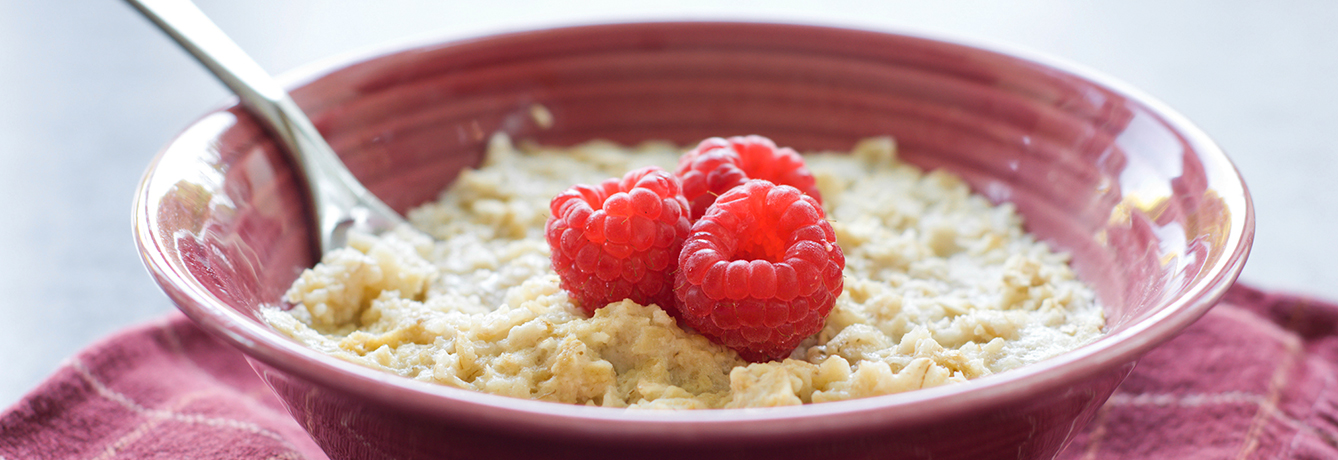Deemed a “disease of western civilization” due to its prevalence in countries with highly processed diets, diverticulitis is a painful inflammatory disorder manifesting in small pouches of the large intestine. Some 2.5 million Americans suffer from the ailment, causing roughly 1 million hospitalizations and 3,500 deaths annually. While a cure remains elusive, the latest research indicates that increasing fiber intake and avoiding meat might significantly reduce the risk of developing the disease in the first place.
A new study published in the British Medical Journal compared dietary intake patterns of 47,033 health-conscious adults of all ages with incidence of diverticulitis over the course of 12 years. Across all subjects, risk of diverticulitis was 42% lower among those with the highest fiber intake (over 25 grams per day) compared with those with the lowest intake (less than 14 grams per day). Significantly, a traditional vegetarian diet provided 30% more protection — though even carnivores with high fiber intake lowered their risk by 26%.
In practical terms, 25 grams of fiber might consist of a bowl of oatmeal mixed with a cup of raspberries (12g) for breakfast and our Layered Black Bean and Spinach Salad (17 g) for lunch or dinner. Focusing on fiber may be the single most important thing you could do for your health, reducing the risk of developing breast cancer in women and prostate cancer in men. Fiber is also a dieter’s best friend: Those who consumed more fiber and less fat tripled weight loss results over a three year period, one study found. Certain kinds of fiber also may defend against foodborne illness. Top sources of fiber (per cup) include navy beans (76%), artichoke hearts (56%), dates (48%) and raspberries (32%).
Published November 1, 2011



